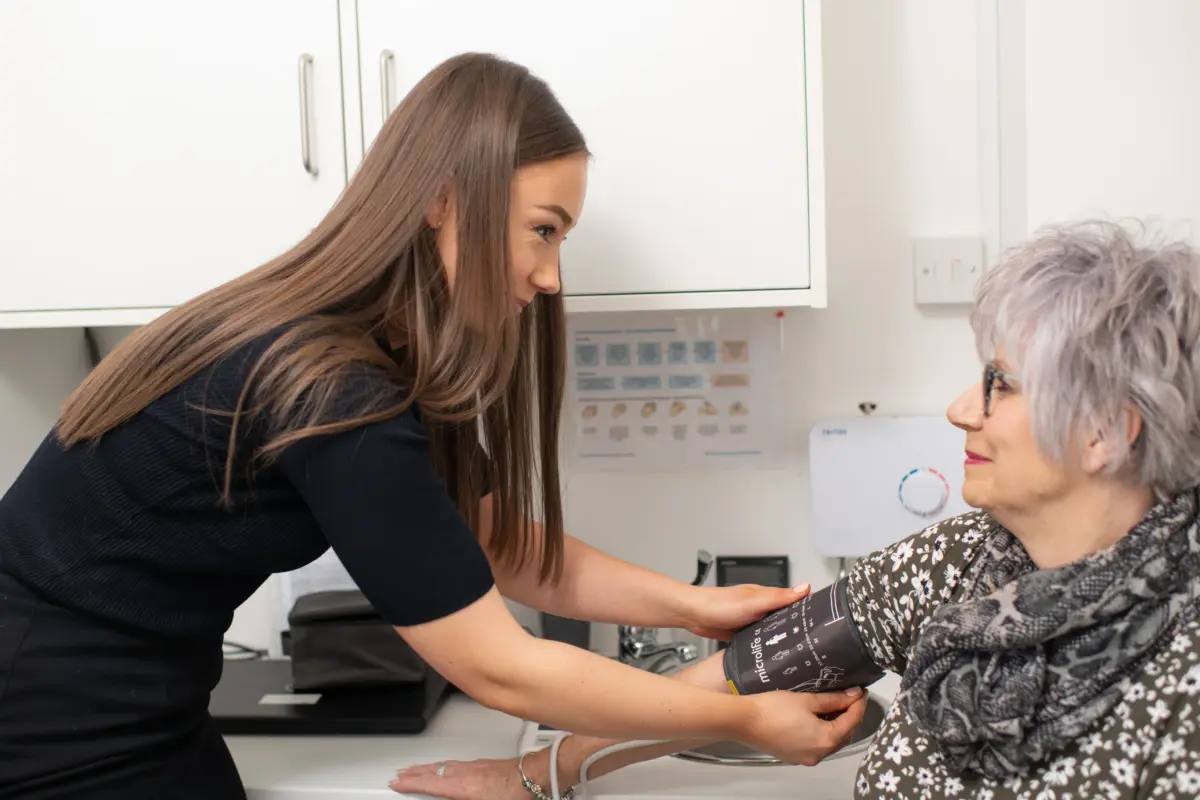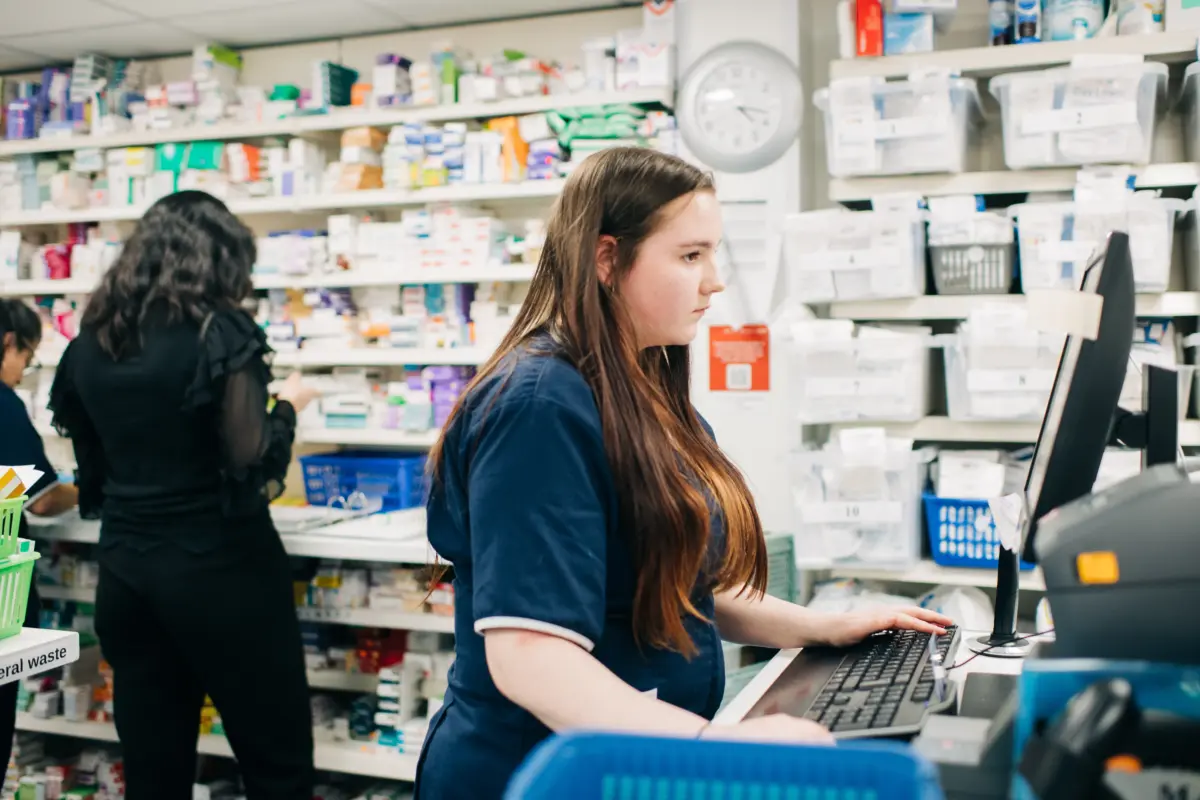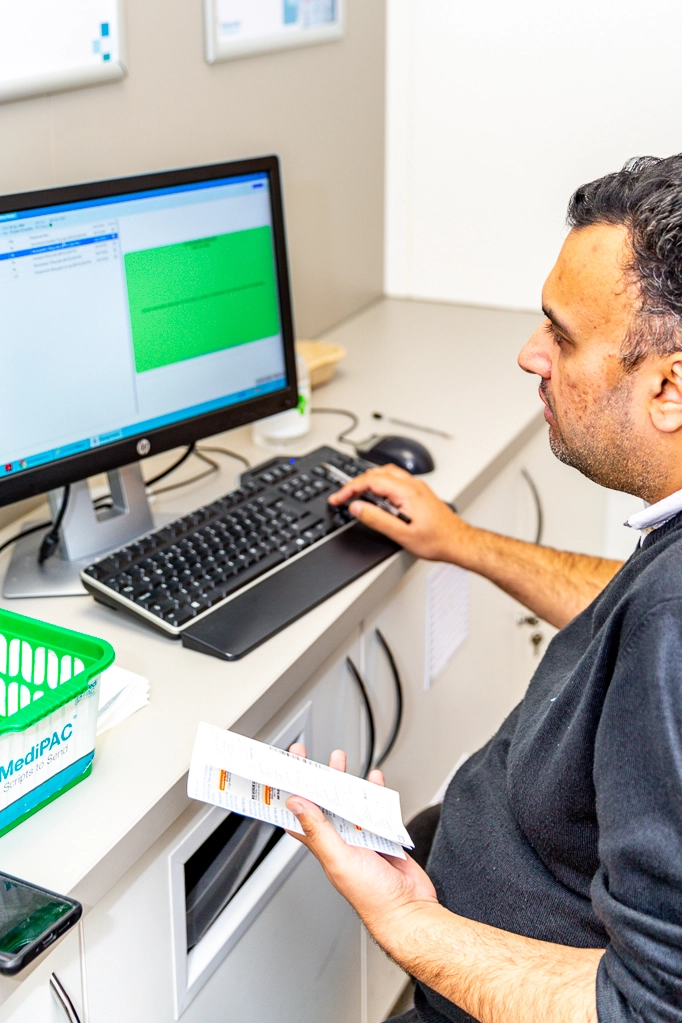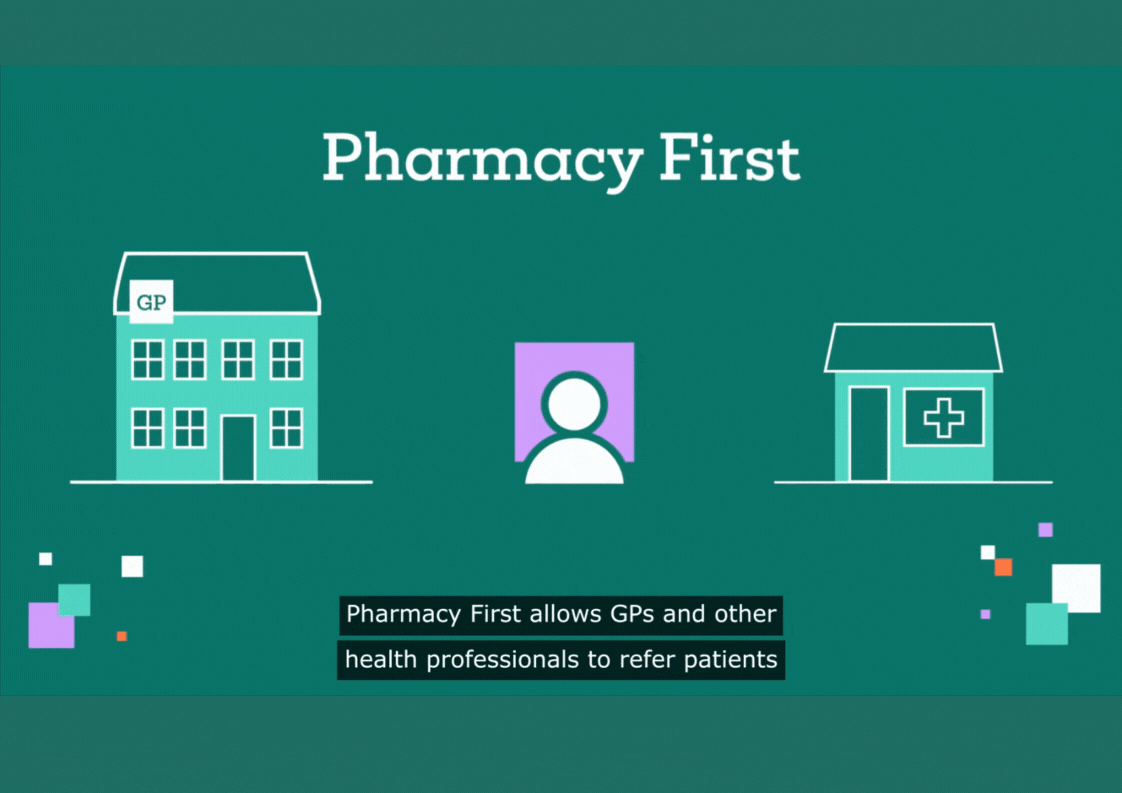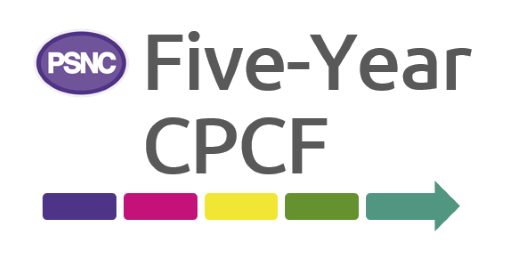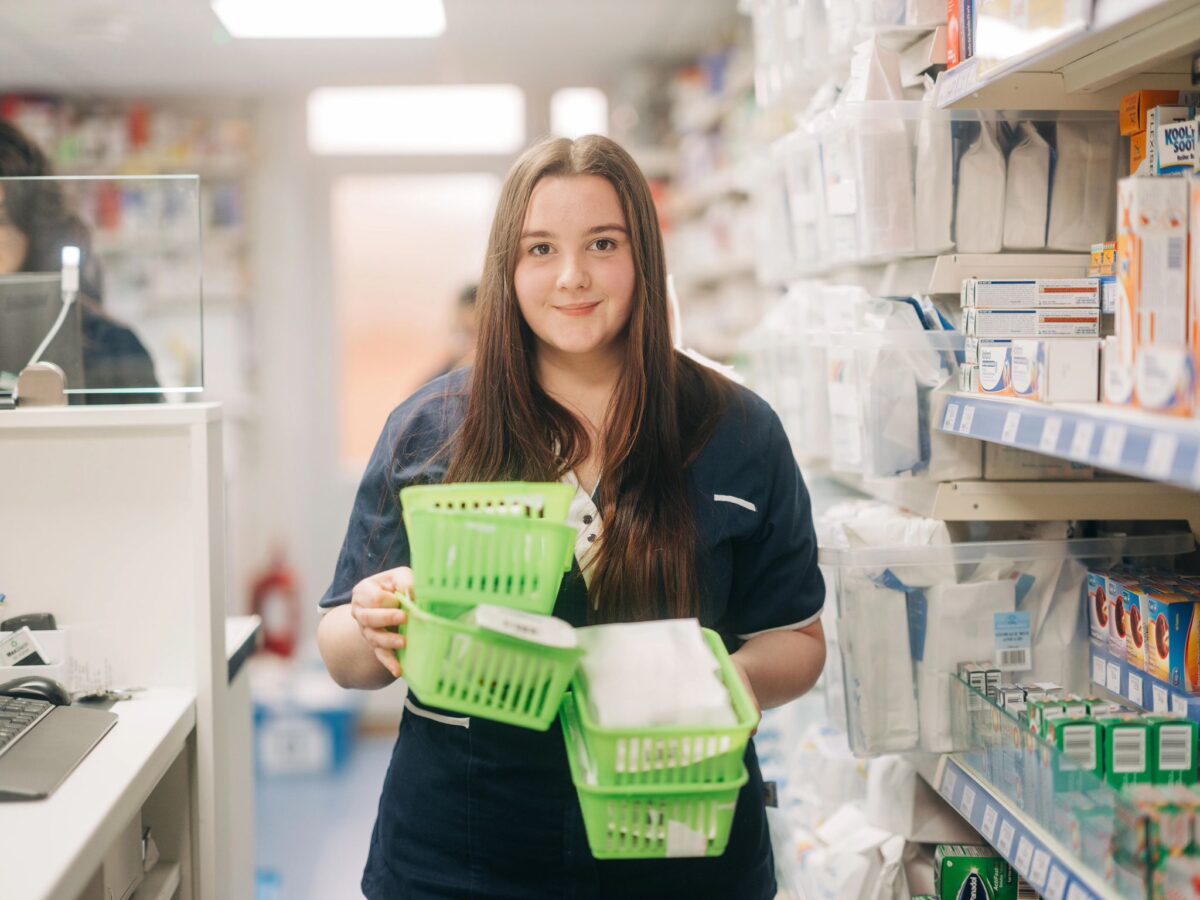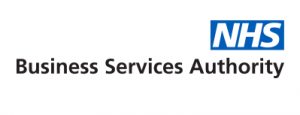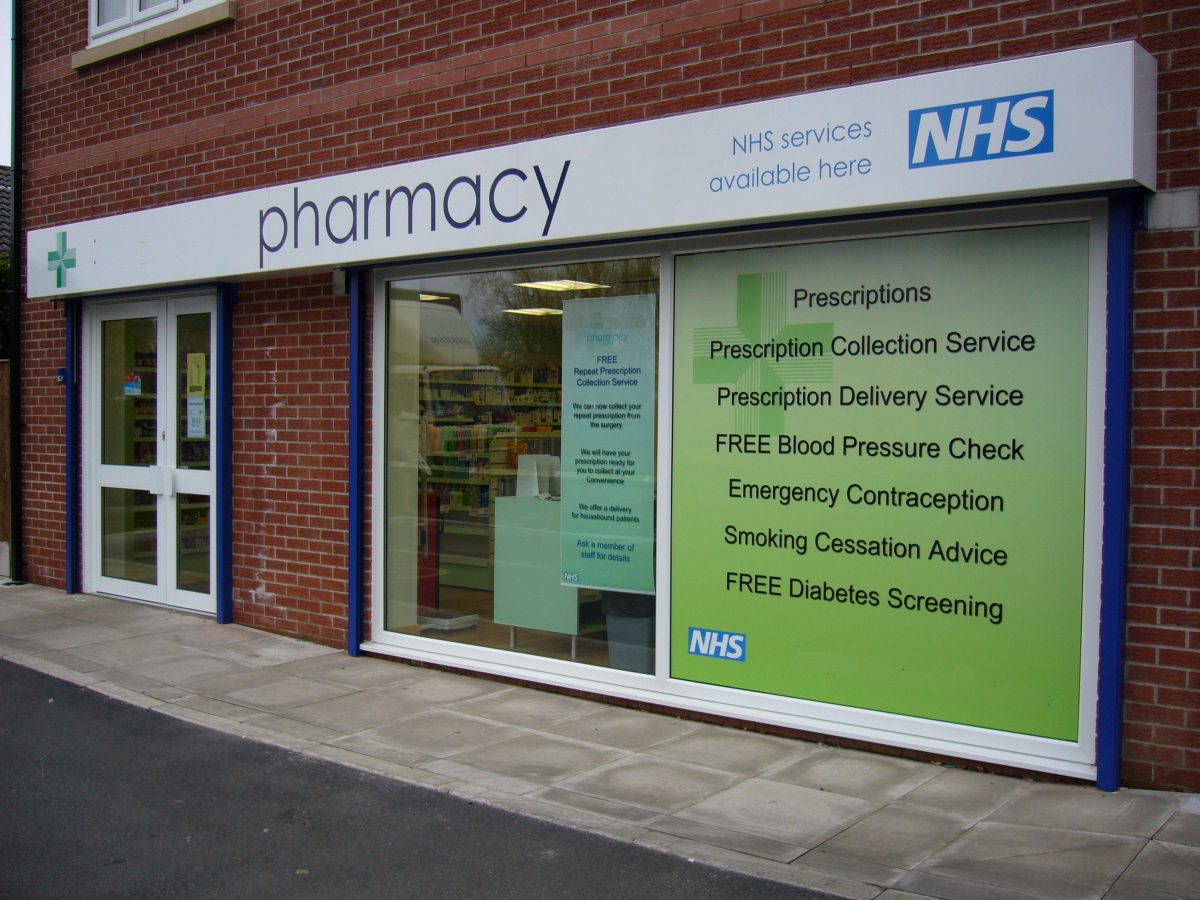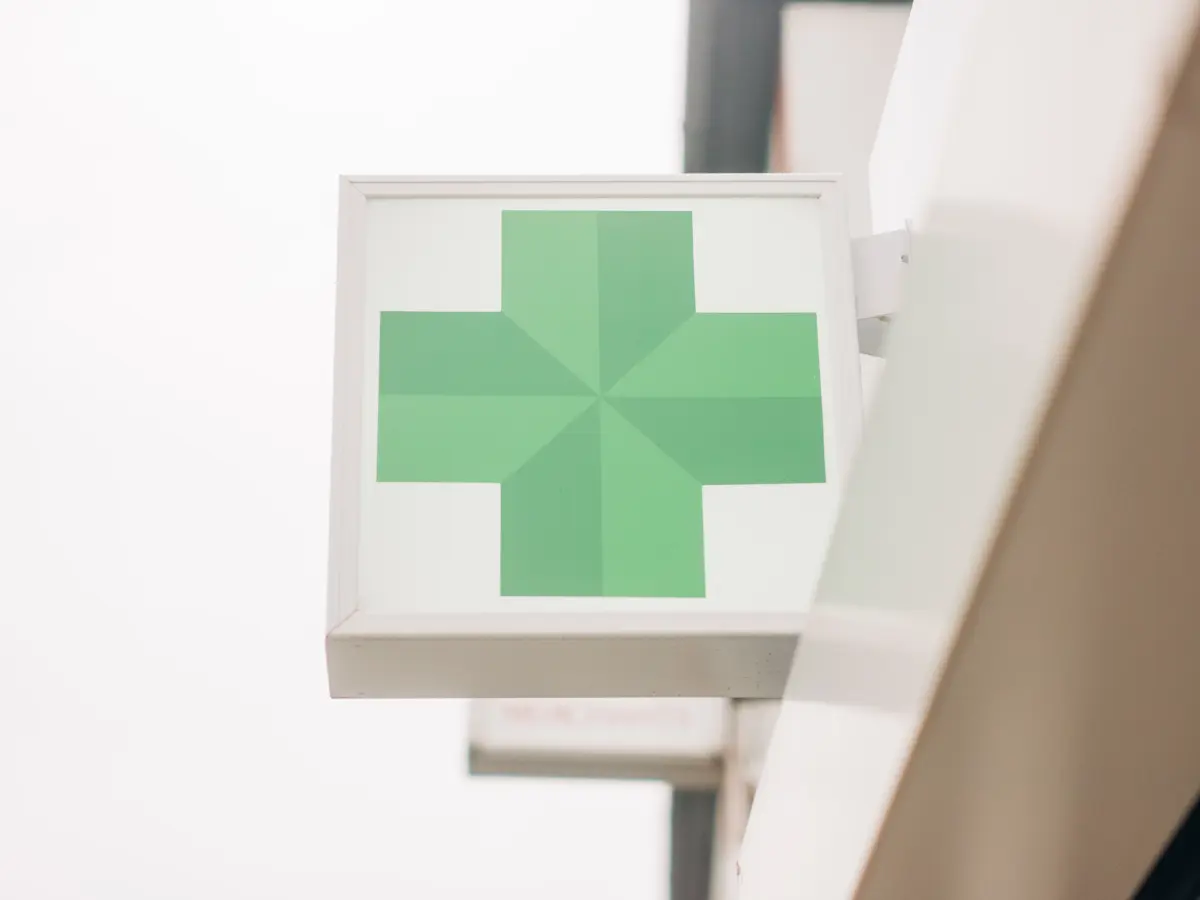NMS – frequently asked questions
Published on: 10th July 2013 | Updated on: 18th October 2023
This page contains the answers to frequently asked question on the New Medicine Service (NMS)
Click on a heading below
Q. Am I required to be MUR accredited to provide NMS?
No. As of 30th June 2020, changes were made to the knowledge and skills requirements for pharmacists that removed the need for a pharmacist providing the NMS to have an MUR certificate. This change was made due to the decommissioning of the MUR service at the end of March 2021.
To provide the NMS, pharmacists now only have to show they have the necessary knowledge and skills to provide the service and they are required to complete and sign the NMS self-assessment form to declare this. The completed form should be retained by the pharmacy contractor.
Q. Does a contractor have to send the regional NHS England and NHS Improvement team a copy of the completed pharmacist self-assessment form for all the pharmacists that will provide the NMS at the pharmacy?
No. The contractor just needs to keep a copy of the completed forms on file.
Q. Is it true that pharmacists must be MUR accredited to provide the NMS?
This was previously a requirement, but it is not now the case.
Q. Can a distance selling pharmacy provide the NMS?
Yes. Distance selling pharmacies are able to provide Advanced Services at their premises. Regulation 13(4) of the 2005 Regulations states that such pharmacies may not provide or offer to provide pharmaceutical services from their premises. The definition of the term pharmaceutical services in this regulation only includes the provision of Essential Services. They may therefore provide Advanced Services from their premises but must ensure that when doing so they do not provide any element of Essential Services. However, this Advanced Service begins with the patient presenting a prescription for a new medicine for a long-term condition; if that took place at the pharmacy, that would constitute an Essential Service, and be prohibited. It is therefore anticipated that distance selling pharmacies will conduct the NMS by telephone or video consultation. Distance selling pharmacies will still be required to have an ‘acceptable location’ (consultation area) on their premises.
Q. Can pharmacy logos, or other additions or alterations be made to the NMS Feedback Form?
No. The form is approved by the Secretary of State and must be used, where necessary, to communicate with GPs.
Q. Can we use the NHS logo and descriptor line (‘Providing NHS services’) on our patient leaflet for NMS?
Yes, but only if the leaflet is solely to provide information to the patient about the NMS and doesn’t contain information about non-NHS services or act as promotional or advertising material. The NHS logo is a trademark and must only be used in line with the guidelines on its use by community pharmacies. These guidelines (available at england.nhs.uk/nhsidentity/) do not permit the use of the NHS logo and the descriptor line on leaflets containing information on non-NHS services or on any other pharmacy promotional or advertising materials.
Q. Must the pharmacy have a consultation room to provide the NMS?
Yes.
Q. Can NMS only be offered on NHS prescriptions issued by GPs in England?
No. The NMS can be offered to any patient presenting a valid NHS prescription for a medicine on the approved list of medicines.
Q. Does the patient have to have been using the pharmacy for a certain period of time in order for them to be eligible to receive the service?
No.
Q. Can the NMS be provided to a carer, rather than the patient?
Yes. Following changes to the service from 1st September 2021, where a patient is not able to provide informed consent themselves and the pharmacist feels the patient would benefit from the service, the patient’s carer can be offered the support of the service to further enhance the patient’s care.
Q. Can the NMS be provided to a patient in a care home?
Yes. Patients in care homes have the same entitlement to take responsibility for their own treatment as they would in their own home, unless they do not have the mental capacity to do so. If a patient in a care home is prescribed an NMS medicine for the first time, then they are just as likely to face the issues that may lead to intentional non-adherence as patients in their own homes, and so should be able to benefit from the NMS. There would need to be arrangements made for consent to be obtained from the patient, and the Intervention and Follow up would need to be undertaken by phone, if the patient could not get to the pharmacy.
Q. Can I provide the NMS to a child? (Is there a minimum age for provision of the NMS?)
Yes. Where the patient is competent to give consent to receive the service and to share information as required by the consent arrangements, then consent should be sought from the patient. Following changes to the service from 1st September 2021, if the patient is unable to competently provide consent, but the pharmacist feels the patient would benefit from the service, the parents or guardians of children newly prescribed medication can be offered the support of the service to further enhance the patient’s care. There is no minimum age for the service.
Q. If a patient gets a new medicine dispensed at a pharmacy that does not offer the NMS, but then requests the service from another pharmacy, can the second pharmacy provide the service?
No.
Q. Can dispensing doctors refer their patients to a pharmacy to receive the NMS?
Such a referral would only be valid if the new medicine was prescribed on an FP10 which was dispensed by the pharmacy.
Q. Can a ‘Special’ medicine that contains one of the active ingredients listed in the NMS medicines list trigger the provision of the NMS?
Yes, if an active ingredient is in a BNF category listed in the NMS medicine list and a special is prescribed containing that active ingredient, it can be a target for the NMS, as long as the pharmacist can ascertain that the special is being prescribed for one of the NMS target conditions.
Q. Does the pharmacy that provides the NMS have to dispense the medicine?
Yes. The only exception to this rule is where the new medicine has been dispensed by a hospital and a healthcare professional at the hospital has referred the patient to a community pharmacy, e.g. at discharge.
Q. Can a pharmacist provide NMS on any new medicine prescribed from the list regardless of who prescribes it?
Yes, the NMS applies to all NHS prescriptions for items that are on the NMS medicines list.
Q. If a patient has been prescribed an NMS target medicine in the past and this is then stopped by the prescriber, can the patient access the NMS if the prescriber re-initiates the treatment?
No. The Directions only allow the service to be provided to the patient on the first occasion that it is prescribed for them.
Q. Can the NMS be provided to a patient who has had a target medicine supplied via a Patient Group Direction?
No.
Q. Can the NMS be provided to a patient who previously took a target medicine and is then changed to a combination product (which is also a target medicine) which contains the active ingredient in the original target medicine? For example, a change from Lisinopril tablets to Lisinopril/Hydrochlorothiazide tablets.
Yes, as the combination product is a different medicine from the initial target medicine.
Q. Can the NMS be provided to a patient who has has been prescribed a higher strength of a target medicine, having previously been prescribed a lower strength of the same medicine?
No, as the NMS can only be provided on the first occasion a patient is prescribed an individual medicine.
Q. Can NMS be offered where there has been a change in formulation?
Yes, within the NMS specification there is an allowance for pharmacists to use their professional judgement when a change in formulation occurs. It must be clear that the patient will benefit from the intervention, so a change from tablets to capsules would not be appropriate whereas changing to a new inhaler device might be.
Q. Can the NMS be provided in the patient’s home?
Yes. The service specification allows contractors to provide the NMS in patients’ homes, but they must ensure appropriate safe-guarding arrangements are in place, including ensuring pharmacists have a valid DBS certificate, and there are appropriate procedures and indemnity arrangements in place.
Q. What should I do if we deliver prescriptions to a patient’s home and the patient may be eligible for the NMS?
It may be necessary to speak to the patient on the phone to provide essential information on their new medicine; you may then be able to explain about the NMS and get the patient’s verbal consent to use the service. A leaflet is available on the main NMS webpage which could be added to the prescription bag.
Q. What should I do if a carer or relative picks up a new medicine for a patient who is eligible for the NMS?
Explain about the service to the representative so they can pass on information to the patient. You may want to give the representative a leaflet on the service to take to the patient. It may be necessary to speak to the patient on the phone to provide essential information on their new medicine; you may then be able to explain about the NMS and get the patient’s verbal consent to use the service.
Q. Can a patient have more than one NMS provision in a year?
Yes. There is no limit on the number of NMS a patient can receive in a year. They can receive the NMS each time they are prescribed a medicine on the NMS list for the first time.
Q. A patient has their new medicine dispensed in hospital but is not referred to the community pharmacy. They have subsequently been given another prescription for the same new medicine by their GP; do they still qualify for NMS if it is the first time they present the prescription in a community pharmacy?
No. The patient would be ineligible to receive the NMS as their new medicine has already been dispensed for the first time in hospital.
Q. The service specification says that the Intervention should take place ‘typically 7 to 14 days after patient recruitment’ and the Follow up ‘typically between 14 and 21 days after the Intervention’. How rigidly should these timings be applied?
Pharmacists should exercise professional judgement in order to determine whether it is appropriate for a patient to have the Intervention or Follow up outside the timings indicated above; the Directions allow for flexibility in the timing, but pharmacists should be cognisant of the underlying aim of the service which is to provide support to patients in the first few weeks after the prescribing of a new medicine.
Q. If a patient hands in a prescription for a new medicine and then doesn’t collect the dispensed script for a few days, when should the Intervention take place?
The timing of the Intervention should be assessed based on the point at which the patient receives their dispensed medicine.
Q. Can pharmacy technicians provide the NMS Intervention and Follow up?
No. The NMS Intervention and Follow up must be provided by a pharmacist who has self-declared that they have the skills and knowledge to do so. However, the pharmacy can make good use of skill mix by allowing support staff to book appointments, prepare copies of forms, and transcribing details of the consultations where these are later entered into electronic records.
Q. If different pharmacists undertake the Intervention and Follow up stages of the service for the same patient, how will the pharmacist undertaking the Follow up know what has happened at the Intervention stage?
Pharmacies are required to keep records about the service each patient has received. These include details of the discussion at the Intervention phase as well as the outcome of the Follow-up.
Q. One of the pharmacy records for the NMS is the ‘patient reports negative feeling about the medicine’. What does this cover?
This pharmacy record covers patients who report feeling different since they started taking the new medicine but do not report it as a side effect. This could cover a range of occurrences that the pharmacist may recognise as potential side effects or may consider that they are not related to the new medicine.
Q. Does patient consent need to be obtained every time a patient is signed up for the NMS?
Yes.
Q. Does patient consent need to be recorded on a signed consent form?
That used to be the requirement, but now verbal consent should be obtained, with that being noted in the clinical record for the service.
Q. How can I clearly explain to patients about the NMS consent requirements?
You can explain that the purpose of sharing the information with their GP is to allow the GP to care for them more effectively, if problems are found with their medicines; you will always seek agreement from the patient that a referral is necessary. Sharing information with NHS England and NHS Improvement team and NHSBSA is to allow the NHS to make sure that the pharmacy is providing the service properly and to ensure tax payers’ money is being used efficiently; it is not about the NHS wanting to check up on the patient.
Q. The NMS dataset includes the patient’s ethnicity. What happens if the patient refuses to state their ethnicity?
The standard ‘16+1’ ethnicity codes must be used to capture the patient’s ethnicity. If the patient refuses to state their ethnicity, the ‘Not stated’ option should be selected. The ‘Not stated’ option is not intended to be printed on forms given to patients; it is coding for use in internal records.
Q. How long should patient consent forms for the NMS (from the time period when written consent was required) be retained by the pharmacy?
The Directions do not state how long they should be retained. We recommend that the consent forms should be retained for two years from the time of provision of the service, in line with the requirement for retention of NMS records. Pharmacies can retain electronic copies of the consent forms if they wish, i.e. scanning and storing images of the completed forms.
Q. The points covered under consent for sharing information with the GP and NHS England etc, does not include consent to store information about the NMS consultations. Do I need to obtain consent to make a record of the consultation?
A pharmacist, like other professionals such as doctors, dentists and lawyers, is entitled to make records of the services provided, indeed it would be expected that a professional should keep adequate records of the services provided, and there is no requirement to obtain consent. In maintaining such records, the pharmacist must comply with the obligations set out in the Data Protection Act (such as ensuring they are accurate, and are kept for no longer than necessary) and should also comply with NHS Confidentiality: Code of Practice. Pharmacies should have information available to patients, explaining that personal information may be stored as part of providing the professional services, and explaining the patient’s rights under the Data Protection Act. As the NMS is a clinical service, and clinical services involve the recording of sensitive personal information, patient consent would be needed to share those records with the GP and NHS England (for audit purposes).
Q. How long should the NMS records be retained by the pharmacy?
The Directions require that NMS records are retained for two years following the conclusion of the individual instance of the service.
Q. If a patient is recruited in one month, but the Intervention and / or Follow up are provided in the second month, when should the payment claim be made?
An NMS episode can straddle two months, or in some exceptional cases, three months. The claim should be made in the month that the episode is completed.
Q. Can I claim an NMS completion if the patient was recruited to the service but could not be contacted for provision of the Intervention?
No.
Q. Are patients who are prescribed more than one new medicine at the same time eligible for more than one NMS?
No. The NMS should cover all new medicines prescribed at the same time.
Q. My patient started two new medicines at the same time. While I am able to continue the NMS for one medicine until the follow-up stage, I need to refer the patient back to the GP for the other medicine. How does this work?
There may be occasions in which a patient who has been prescribed two new medicines has trouble with one medicine and requires early referral back to their GP while they are able to continue to the Follow-up for the other new medicine. In this case the pharmacy will be able to claim for one completed NMS once the patient has completed the Follow up appointment.
Q. If a patient is already receiving the NMS for a previously prescribed medicine and is then prescribed another new medicine on the NMS list are they eligible to receive a separate episode of the NMS for the second new medicine?
Yes a second episode of the NMS can be initiated before the NMS for the first new medicine is completed.

